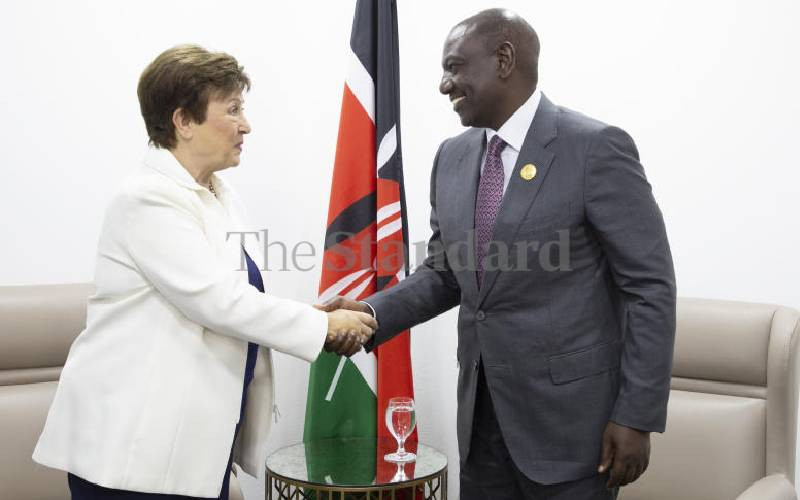×
The Standard e-Paper
Stay Informed, Even Offline

The International Monetary Fund (IMF) has advised the Kenya Kwanza government to address corruption to regain the trust of Gen Z, who are skeptical about tax increases and their intended public benefits.
The call comes in the wake of violent anti-tax protests in June predominantly led by the youth.







